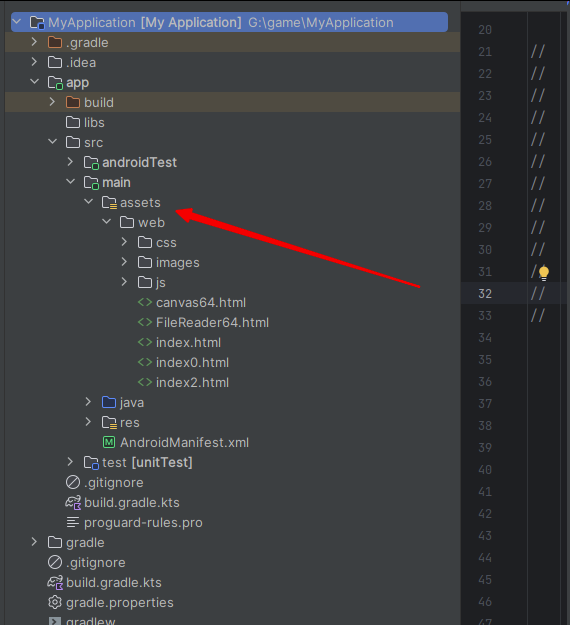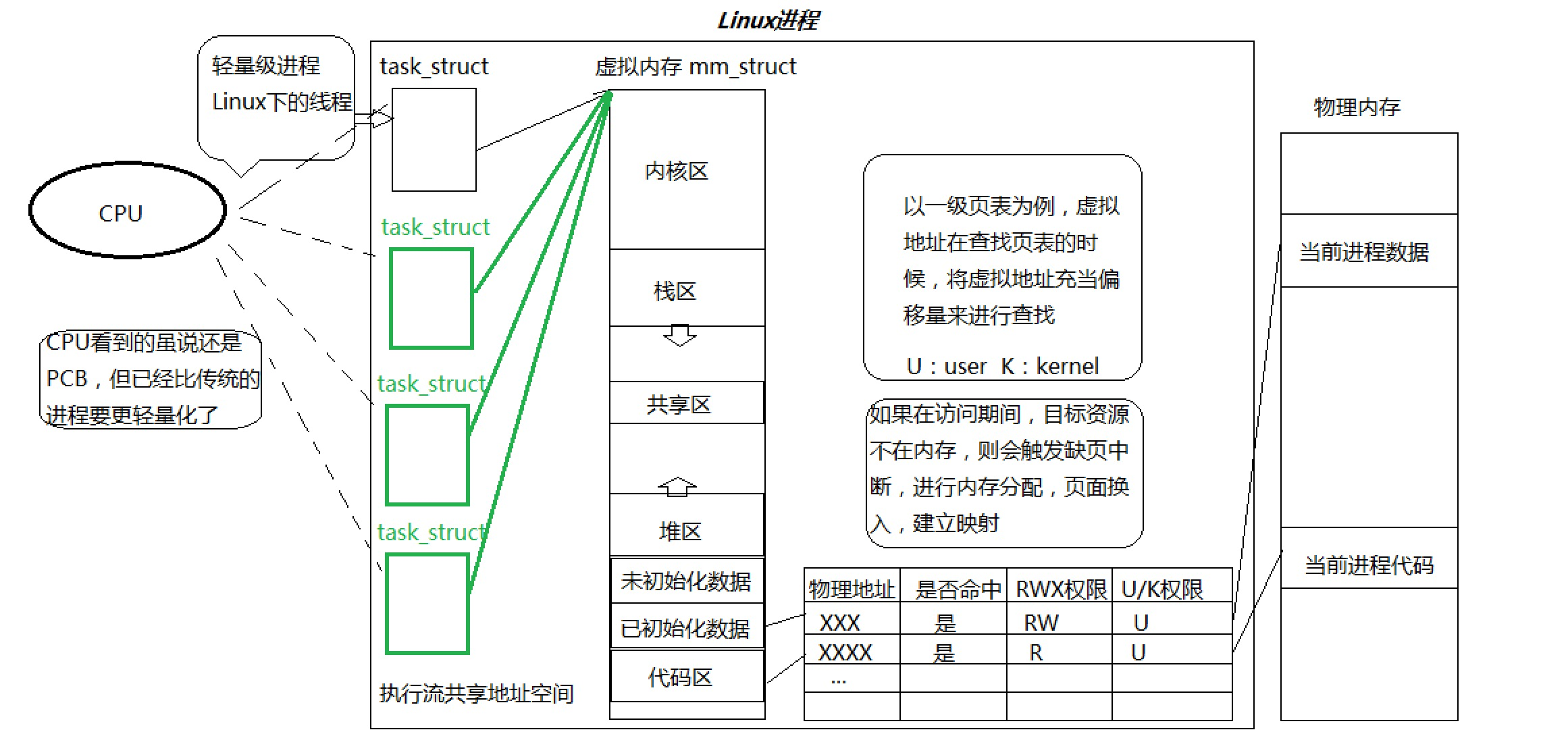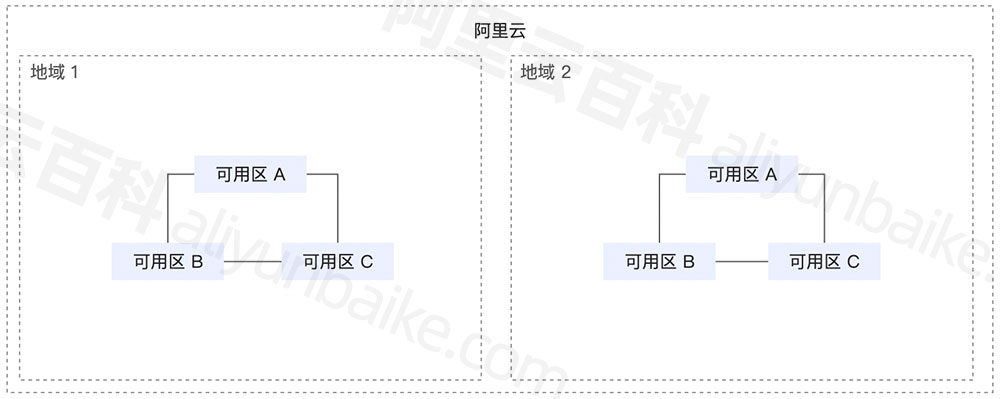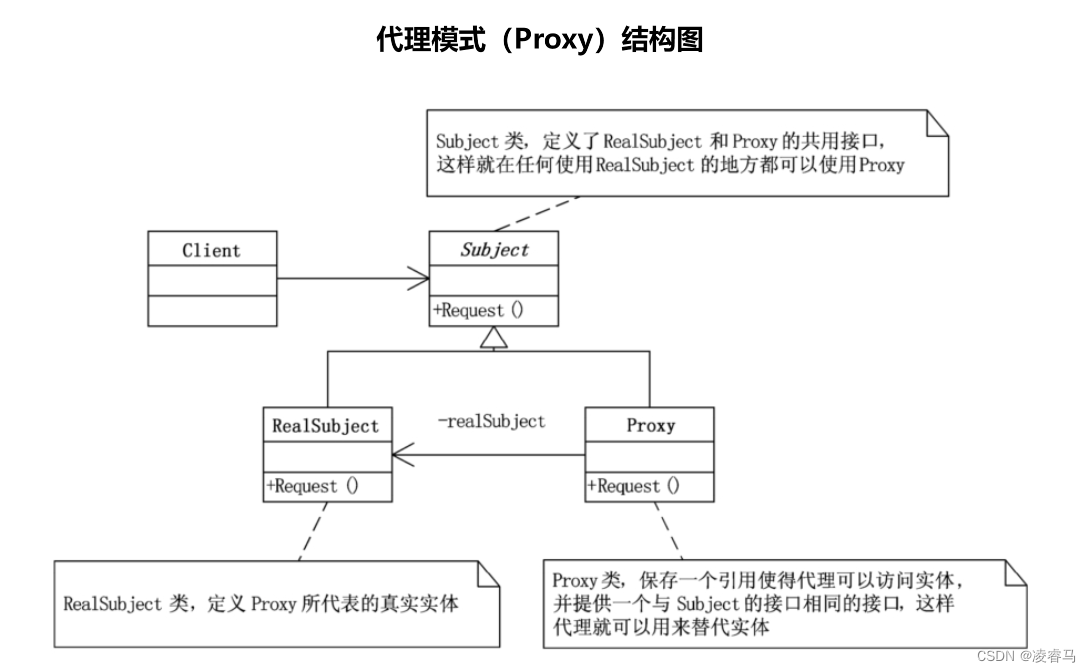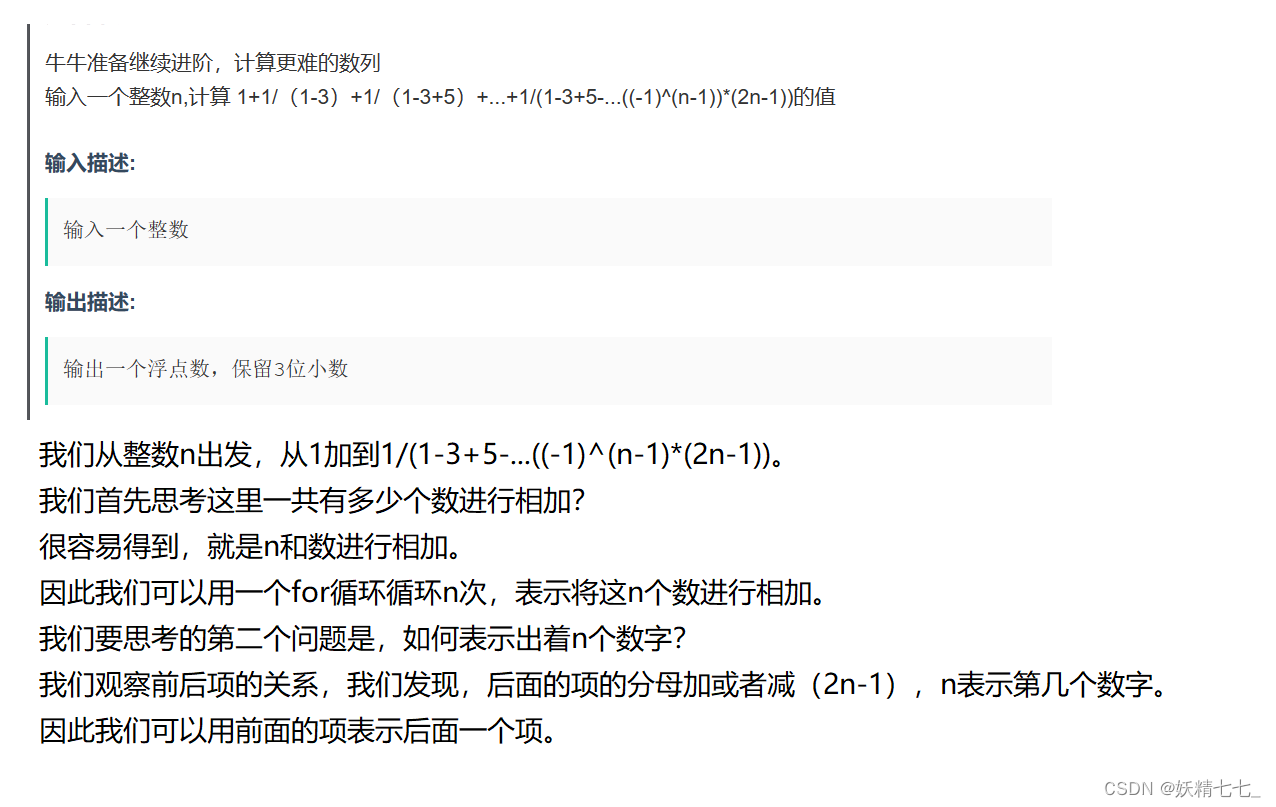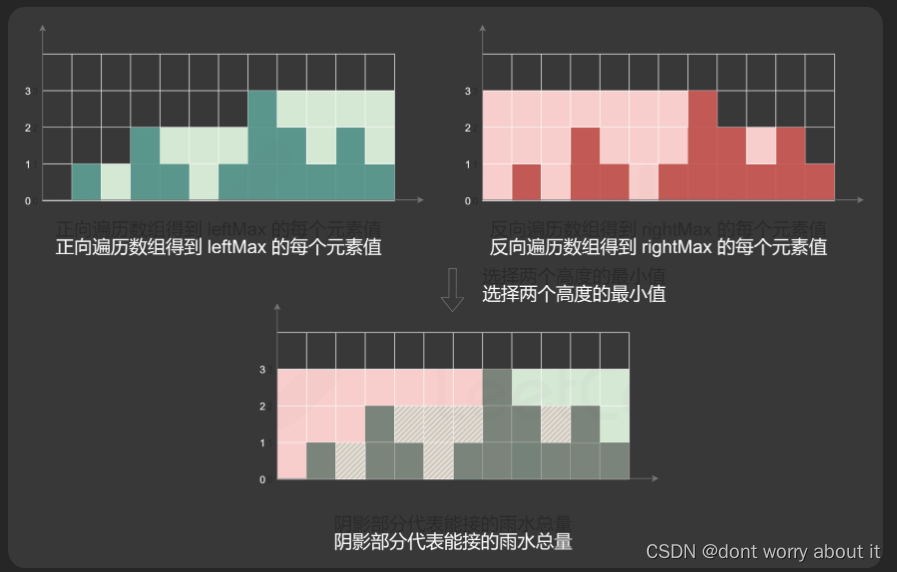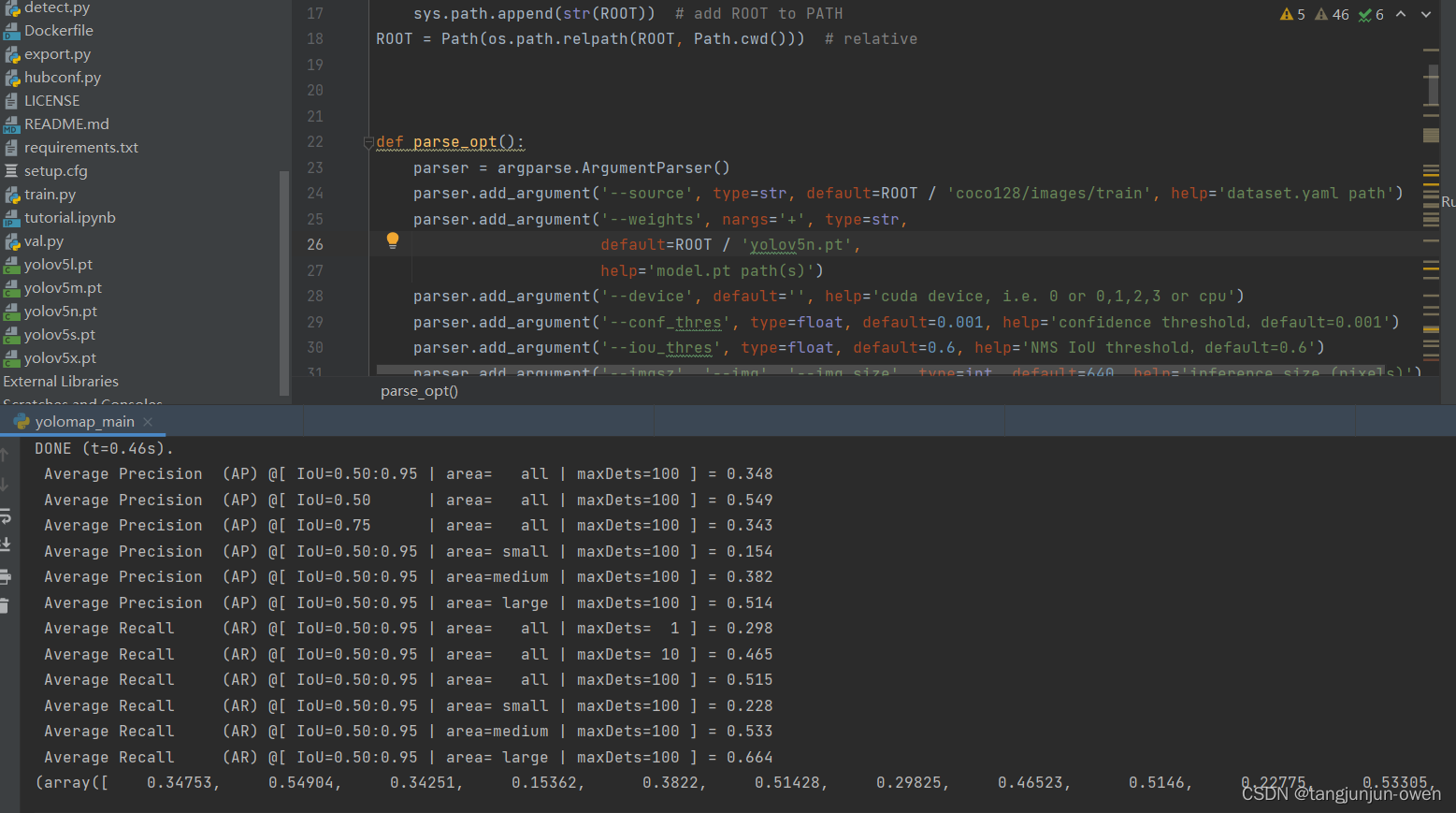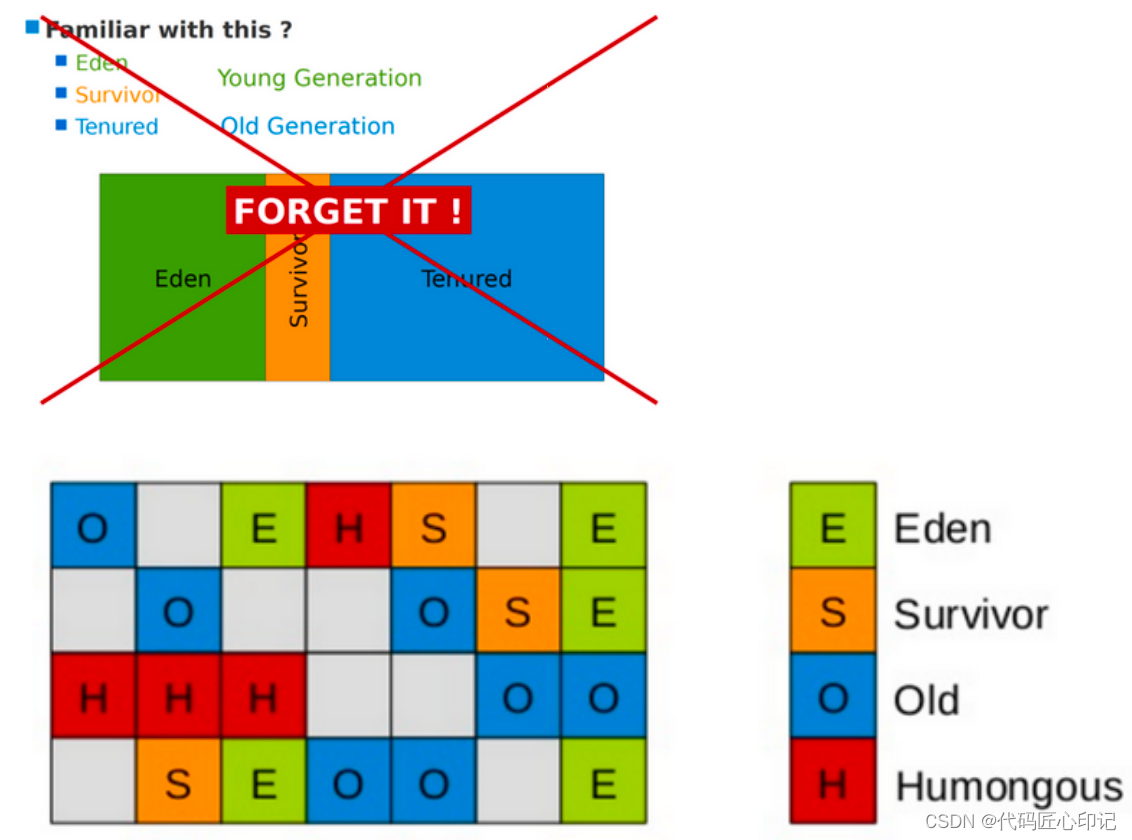简单概括就是,一个系统登录,跳转多个系统,其他系统不需要再登录,直接进入页面
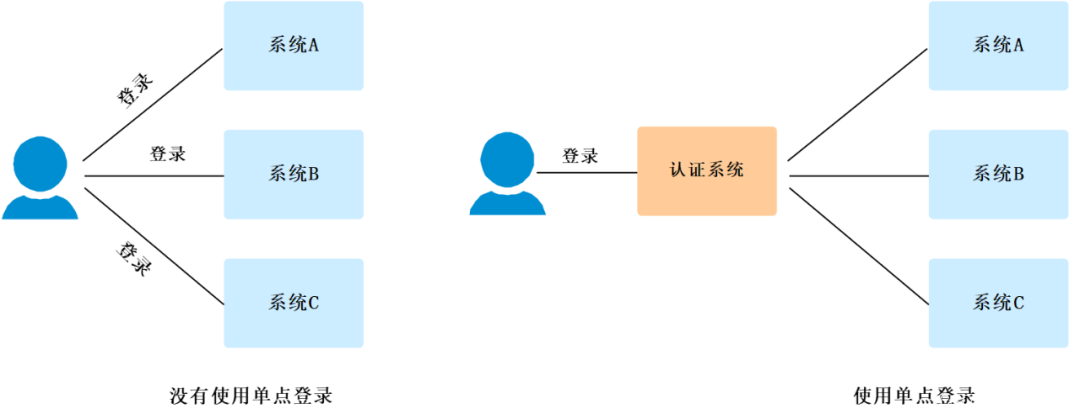

登录的系统
<template>
<div>
<div class="content">
<div class="item" v-for="(item,index) in list" :key="index" @click="topath(item.url)">{{item.title}}</div>
</div>
</div>
</template>
<script>
export default {
data () {
return {
list: [
{
title: '登录一',
url: 'http://www.baidu.com/#/page/followUp' // 跳转他的首页
},
{
title: '登录一',
url: 'http://www.baidu.com/#/page/followUp' // 跳转他的首页
},
{
title: '登录一',
url: 'http://www.baidu.com/#/page/followUp' // 跳转他的首页
},
{
title: '登录一',
url: 'http://www.baidu.com/#/welcome' // 跳转他的首页
}
]
}
},
methods: {
topath (url) {
// 拿到toekn,传给跳转的网址
const Authorization = localStorage.getItem('Authorization')
window.open(`${url}?Authorization=${Authorization}`, '_blank')
}
}
}
</script>
<style lang="less" scoped>
.content {
display: flex;
flex-wrap: wrap;
justify-content: space-between;
padding: 20px;
.item {
width: 345px;
height: 140px;
padding: 0 20px;
background: #fff;
margin: 0 24px 24px 0;
display: flex;
align-items: center;
justify-content: center;
border-radius: 6px;
cursor: pointer;
}
}
</style>其他系统
// 在路由这里进行处理,获取Authorization,进行判断,存在,则直接进入
// 路由全局守卫
router.beforeEach((to, from, next) => {
if (to.query.Authorization) {
localStorage.setItem('Authorization', to.query.Authorization)
}
if (to.path === '/') {
localStorage.clear()
next()
} else {
if (localStorage.getItem('Authorization')) {
next()
} else {
router.push('/')
next()
}
}
})
export default router
